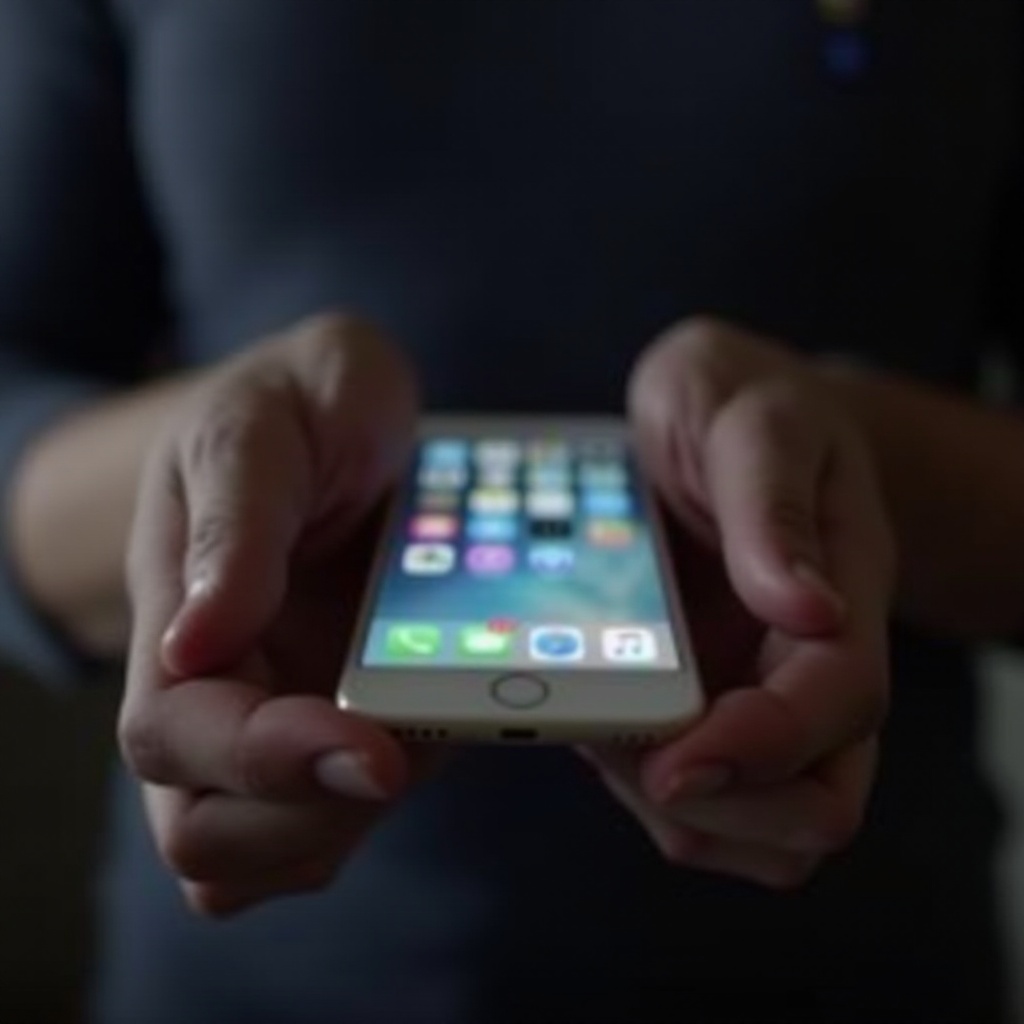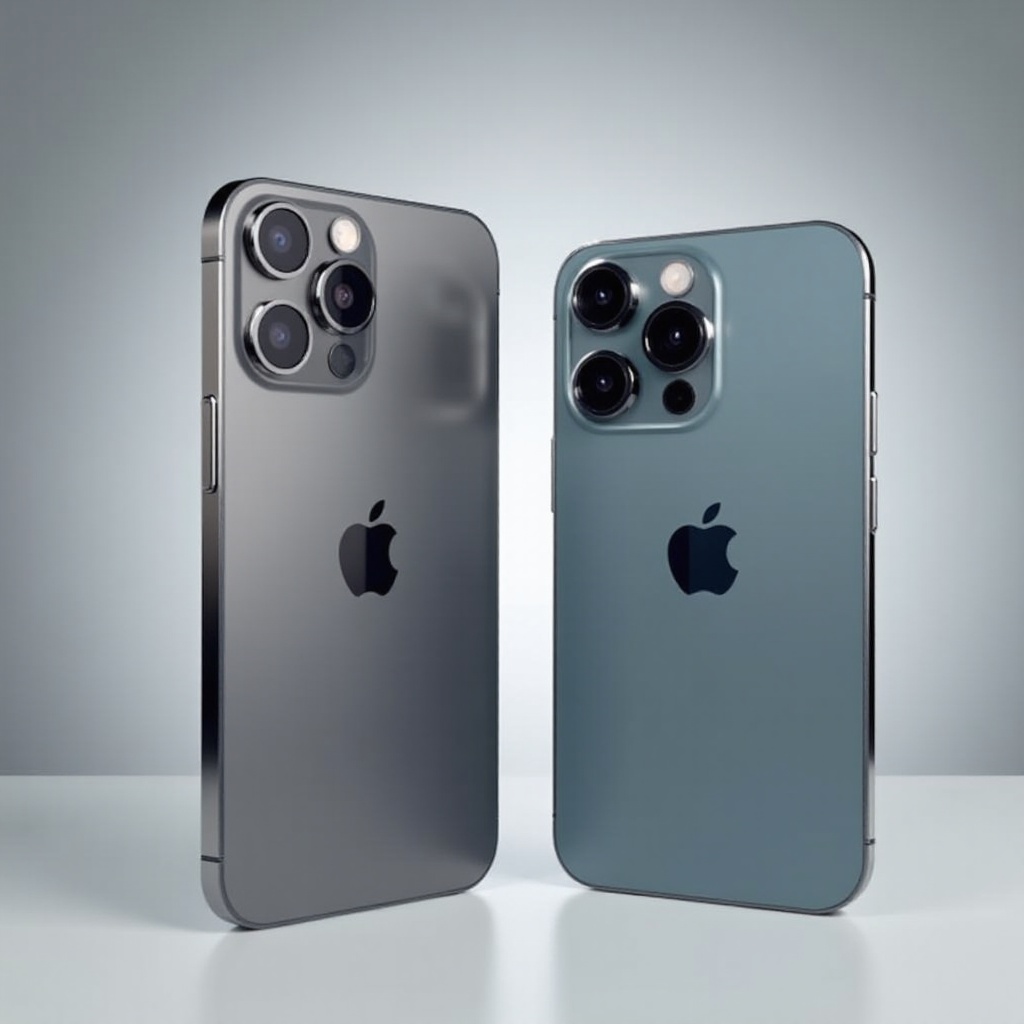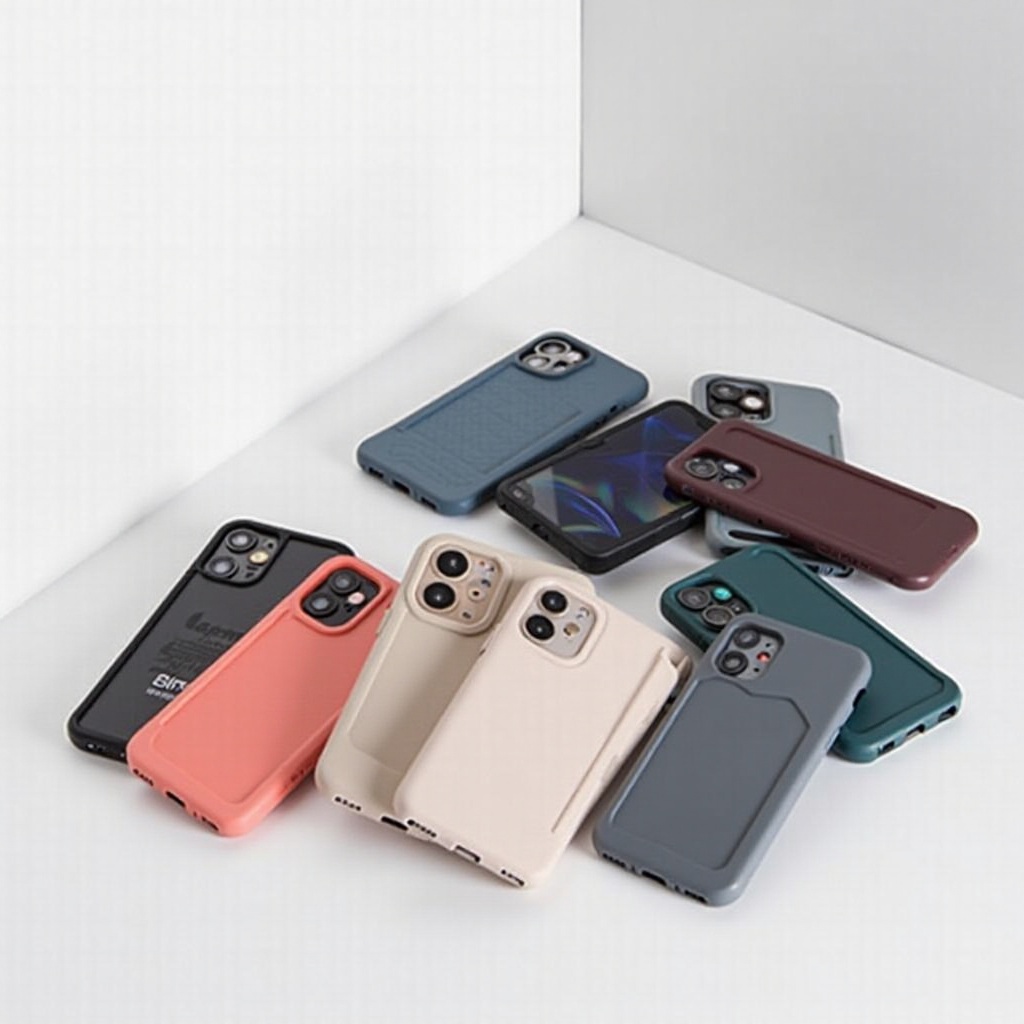Introduction
Choosing between the iPhone 8 and iPhone X can be a daunting task. Both models offer unique features that cater to different needs and preferences. This comprehensive guide will help you understand the key differences and similarities between these two popular models, enabling you to make an informed decision.
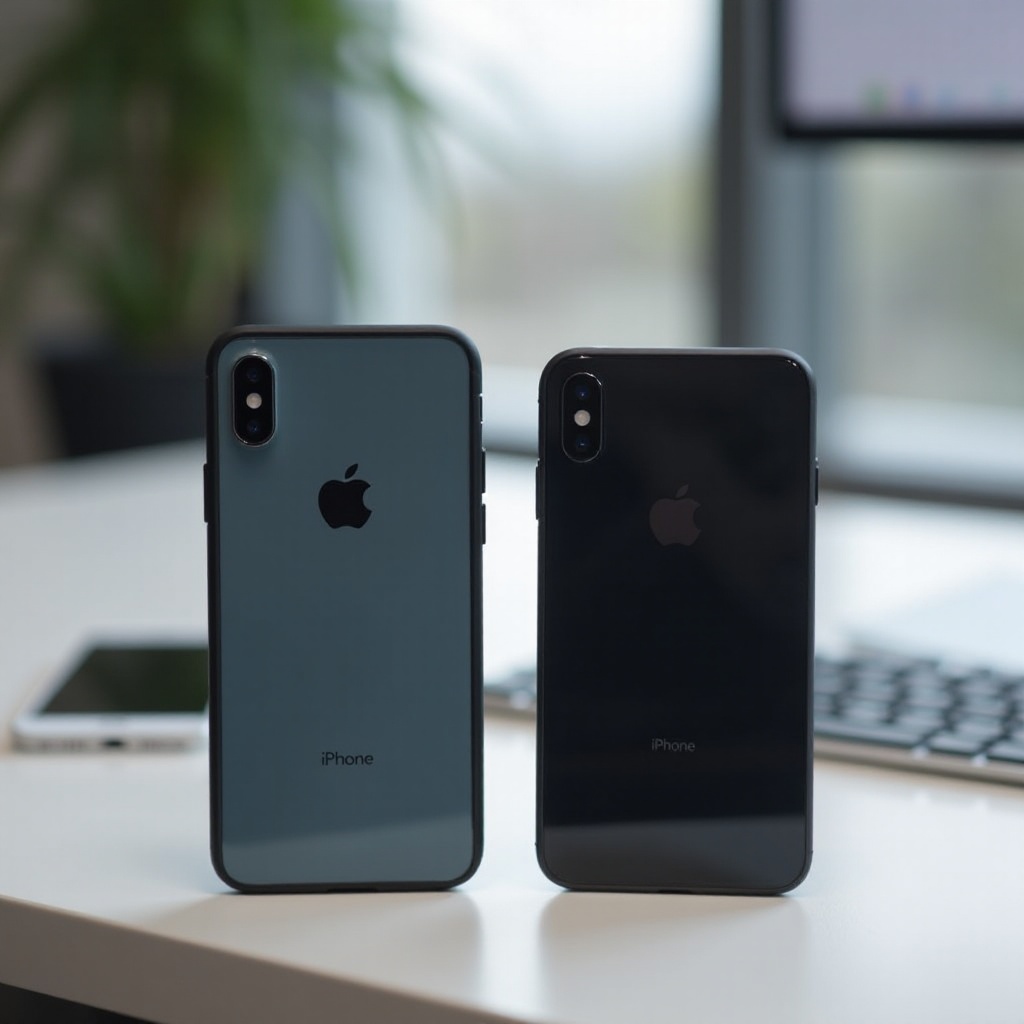
Design and Build Quality
When comparing design and build quality, the iPhone 8 and iPhone X have distinct characteristics.
Physical Appearance
The iPhone 8 retains the classic iPhone design with a home button and thicker bezels. The iPhone X, on the other hand, introduces a sleek look with its edge-to-edge display and lack of a home button. Users looking for a modern aesthetic may prefer the iPhone X, while those who appreciate traditional design might lean towards the iPhone 8.
Material and Durability
Both models feature a glass back and aluminum frame. However, the iPhone X has a slight edge with its stainless steel frame, providing added durability. The glass back on both models enables wireless charging, which is a convenient feature for users.
Usability and Ergonomics
In terms of usability, the iPhone 8’s smaller size and familiar home button offer a user-friendly experience, especially for those upgrading from older models. The iPhone X’s larger display and gesture-based navigation can take some getting used to, but many users find it to be a natural and efficient system once accustomed to it.
Overall, the design and build of each phone will cater to different user preferences, with the iPhone X leaning towards a more modern design and the iPhone 8 offering a classic experience.
Display and Visual Experience
Moving on to the display and visual experience, the differences between the iPhone 8 and iPhone X become even more pronounced.
Screen Size and Resolution
The iPhone 8 features a 4.7-inch Retina HD display, while the iPhone X boasts a 5.8-inch Super Retina HD display. The larger, higher-resolution screen of the iPhone X provides a more immersive viewing experience, ideal for watching videos and playing games.
Color Accuracy and Brightness
Both models offer excellent color accuracy and brightness. However, the iPhone X’s OLED display provides deeper blacks and better contrast ratios, enhancing the overall visual quality. Users who prioritize display quality might find the iPhone X to be a better choice.
LCD vs OLED Technology
The iPhone 8 uses LCD technology, which, while high-quality, cannot match the vibrant and true-to-life colors provided by the iPhone X’s OLED technology. OLED screens also offer better battery efficiency, making the iPhone X a strong competitor in terms of display technology.
When comparing displays, the iPhone X clearly stands out with its superior OLED screen, though the iPhone 8 still offers a reliable and pleasant viewing experience.
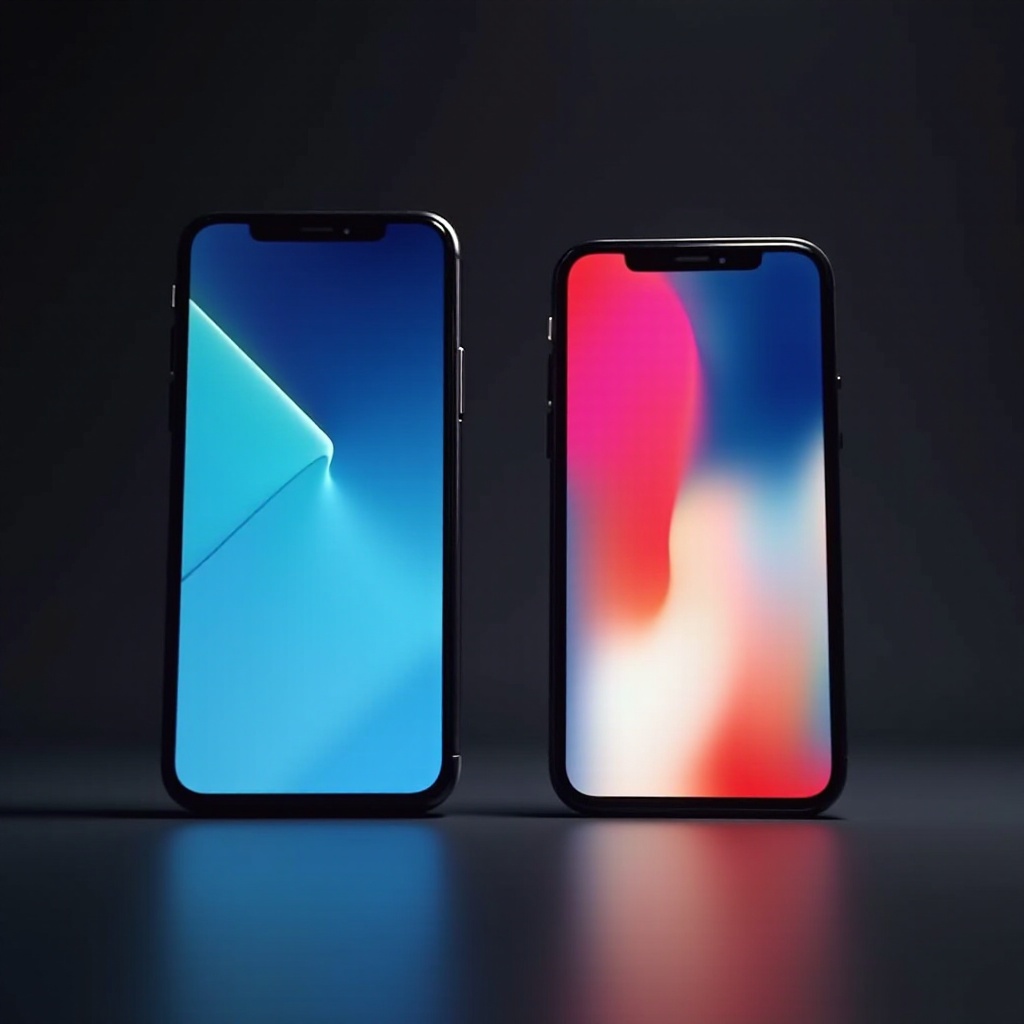
Performance and Hardware
Performance is a critical factor when choosing between these two models, as both are powered by advanced components.
Processor and Speed
Both the iPhone 8 and iPhone X are equipped with the A11 Bionic chip, ensuring fast and efficient performance. Users will find that both phones handle multitasking and demanding apps smoothly.
Battery Life and Efficiency
Battery life is another consideration. The iPhone 8 provides a solid battery performance for everyday tasks, but the iPhone X, with its OLED display and slightly larger battery, offers improved battery efficiency. This can be a significant advantage for heavy users who require longer battery life.
Storage Options and RAM
Storage options for both devices include 64GB and 256GB variants, catering to different user needs. Both models come with 3GB of RAM, which, combined with the A11 chip, ensures seamless performance.
In summary, while both the iPhone 8 and iPhone X deliver excellent performance, the iPhone X edges out slightly with its battery efficiency and advanced display technology.
Camera and Photography
Camera quality is a top priority for many smartphone users, and both the iPhone 8 and iPhone X deliver in this department.
Camera Specifications
The iPhone 8 comes with a single 12MP rear camera, while the iPhone X features a dual 12MP rear camera setup, including a wide-angle and telephoto lens. The dual cameras on the iPhone X allow for enhanced optical zoom and portrait mode capabilities.
Photo and Video Quality
Both models capture stunning photos and videos, but the iPhone X’s dual-camera system provides better low-light performance and more advanced features like Portrait Lighting. For video, both phones can shoot 4K at 60fps, delivering high-quality video recording.
Special Camera Features
Unique features like Animoji and Portrait Mode are exclusive to the iPhone X, thanks to its TrueDepth front camera. These features add a fun and creative aspect to photography and communication.
For users who prioritize advanced photography features, the iPhone X stands out as the superior choice.
Software and Unique Features
Next, let’s explore the software and unique features that set these two models apart.
Operating System and Updates
Both the iPhone 8 and iPhone X run on iOS, ensuring they receive regular updates and support from Apple. This keeps the user experience consistent and up-to-date with the latest features and security enhancements.
Face ID vs Touch ID
One of the most noticeable differences is the biometric security method. The iPhone 8 uses Touch ID, which many users find reliable and easy to use. The iPhone X introduces Face ID, which offers a secure and convenient way to unlock the device and authenticate purchases.
Additional Functionalities
The iPhone X includes several exclusive features like Animoji and a more immersive AR experience, thanks to the TrueDepth camera system. These unique functionalities make the iPhone X a more feature-rich device compared to the iPhone 8.
Choosing between these models ultimately comes down to personal preference for the type of security and additional features one values.
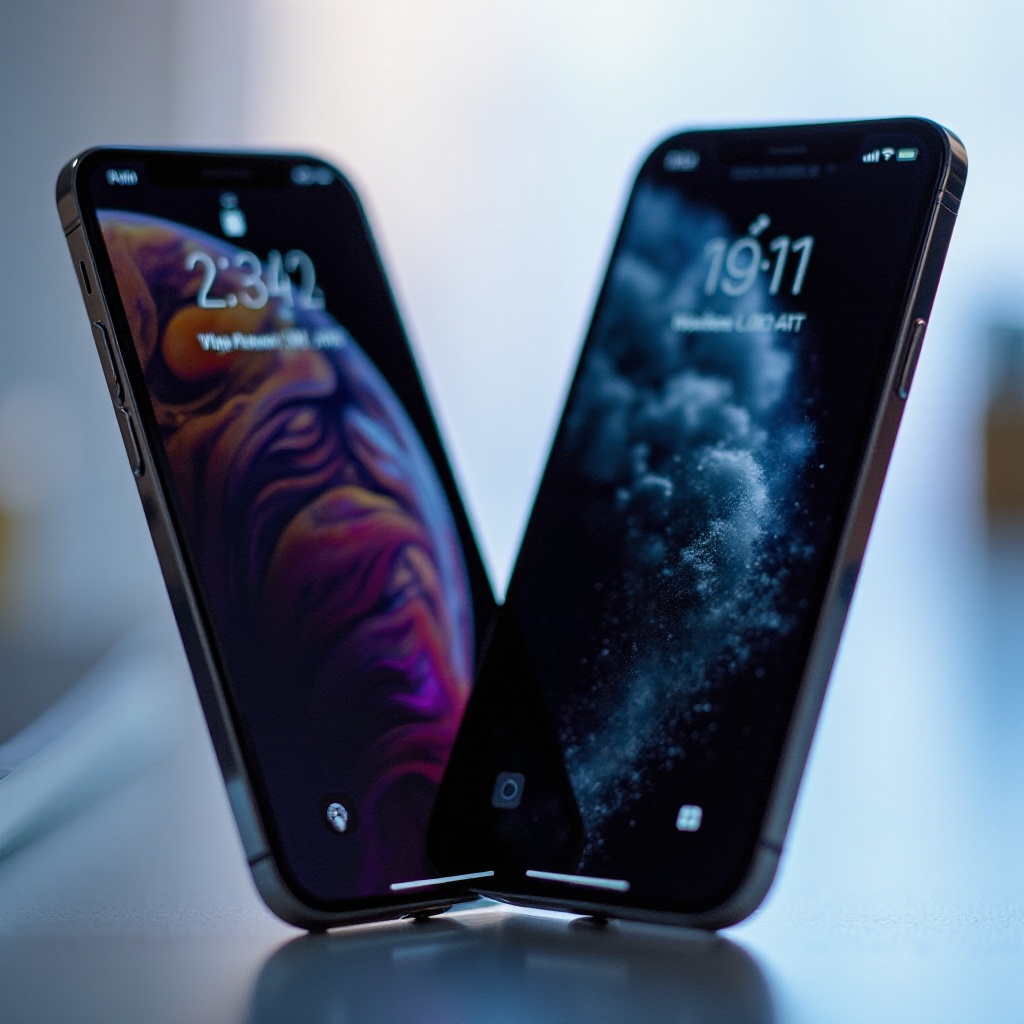
Price and Value Proposition
Finally, let’s consider the price and overall value proposition of each device.
Current Market Prices
As of 2024, the iPhone 8 is generally more affordable than the iPhone X. This makes it an appealing choice for budget-conscious buyers who still want a reliable and high-performing smartphone.
Value for Money Analysis
While the iPhone X is more expensive, its advanced features, display technology, and camera capabilities offer significant value for those who can afford the higher price point. Users should weigh the benefits against the cost to determine which model provides better value for their needs.
In conclusion, both the iPhone 8 and iPhone X offer unique advantages and cater to different user preferences and budgets.
Conclusion
Choosing between the iPhone 8 and iPhone X ultimately comes down to personal preference and priorities. The iPhone 8 offers a classic design, reliable performance, and an affordable price. The iPhone X provides a modern design, advanced display and camera technologies, and exclusive features.
Frequently Asked Questions
Is the iPhone X worth the upgrade from the iPhone 8?
For users seeking advanced features, better display, and enhanced camera capabilities, the iPhone X is worth the upgrade.
Which phone has better battery life, the iPhone 8 or iPhone X?
The iPhone X generally offers better battery efficiency due to its OLED display and larger battery.
Are there any significant camera differences between the iPhone 8 and iPhone X?
Yes, the iPhone X features a dual-camera system with better low-light performance and additional photo features like Portrait Mode.
